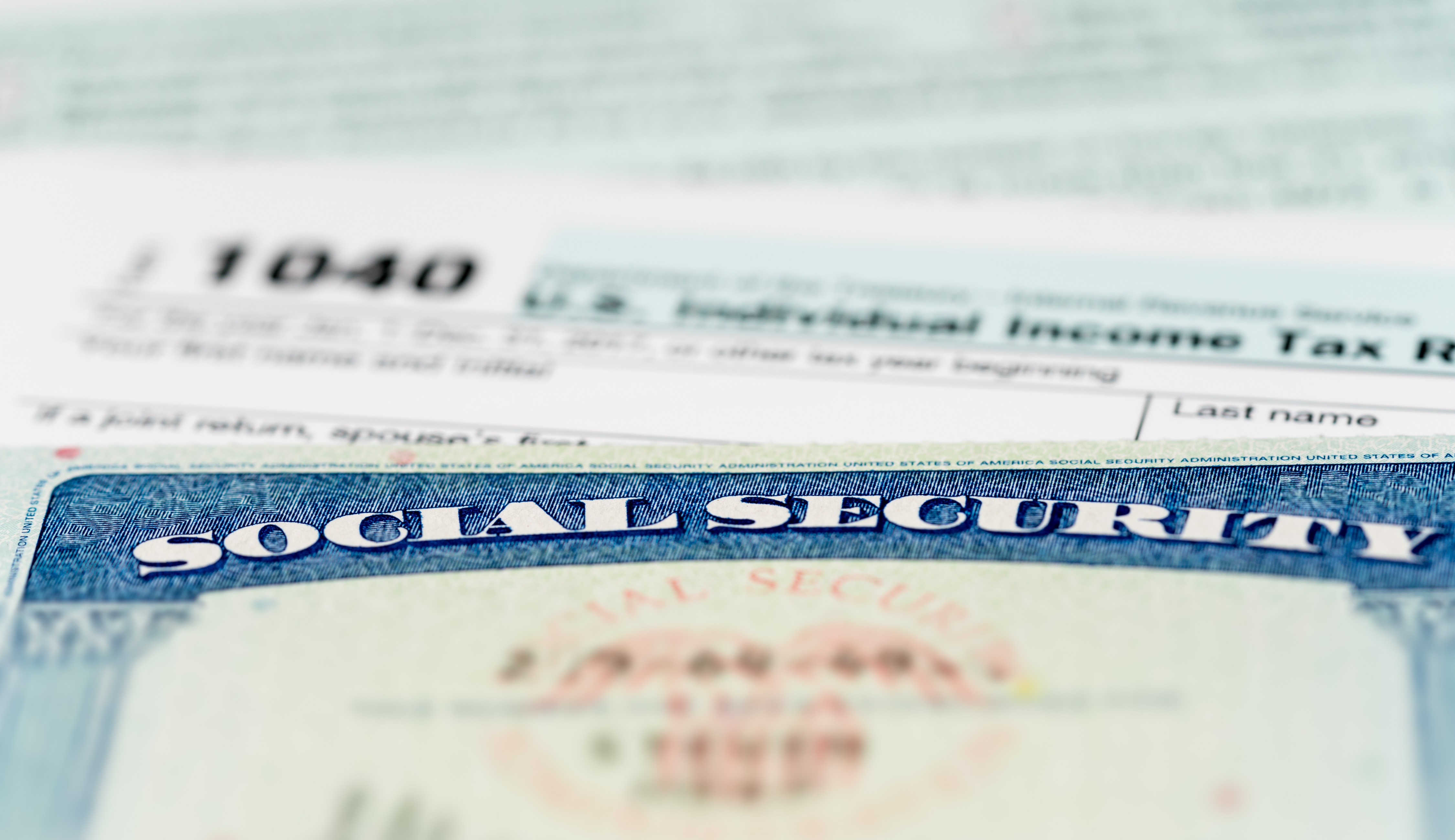As tax season approaches (and as COVID relief programs are implemented), taxpayers need to be on alert for the annual surge in IRS tax scams. Tax fraud can come in many different forms, but it is typically perpetrated through phone scams and email phishing. Some have even resorted to sending malware through fake tax transcript emails. As with any type of scam, you are the first and last line of defense, so it is important to understand how tax scammers work and what to do when you are confronted with one.
Phone Scams
The various IRS phone scams you might encounter are too numerous to list here. But all you need to know to avoid becoming a victim is that the IRS, or any federal agency for that matter, never initiates contact with taxpayers by phone call. In addition:
- The IRS never leaves prerecorded messages.
- The IRS never initiates contact with texts.
- The IRS never asks for a credit or debit card number over the phone.
If you receive a phone call or prerecorded message from someone claiming to represent the IRS, simply hang up. Then immediately contact the Treasury Inspector General for Tax Administration (TIGTA) at 800-366-4484 or at www.tigta.gov to report the call.
Phishing Scam
Phishers have become very adept at masking their intent with legitimate looking emails.
Just know this: The IRS never initiates contact by email. If you receive an email purporting to be from the IRS or anyone claiming to represent the IRS, delete it immediately. Do not click on any links. Then report the incident by emailing [email protected] with the subject line “IRS Impersonation Scam.”
Mail Scam
Realizing that an increasing number of people are on to fake IRS phone calls and emails, tax scammers are resorting to snail mail. Here’s what you need to know about phony IRS letters:
- A legitimate IRS letter is contained in a government envelope with the IRS seal prominently displayed.
- A real IRS letter includes a notice or letter number in the upper right corner. If there’s no number, it’s phony.
- The IRS always includes its contact information – typically an 800 number – near the top of the letter.
- A legitimate IRS letter also includes information about your rights as a taxpayer.
Any IRS collection letter provides your payment options with an option to pay online at www.IRS.gov/payments. If the letter asks you to write a check to any party other than the U.S. Treasury or provide credit or debit card information over the phone, the letter is a fake.
Manage your taxes safely with Alpine Bank Wealth Management. Learn more.

